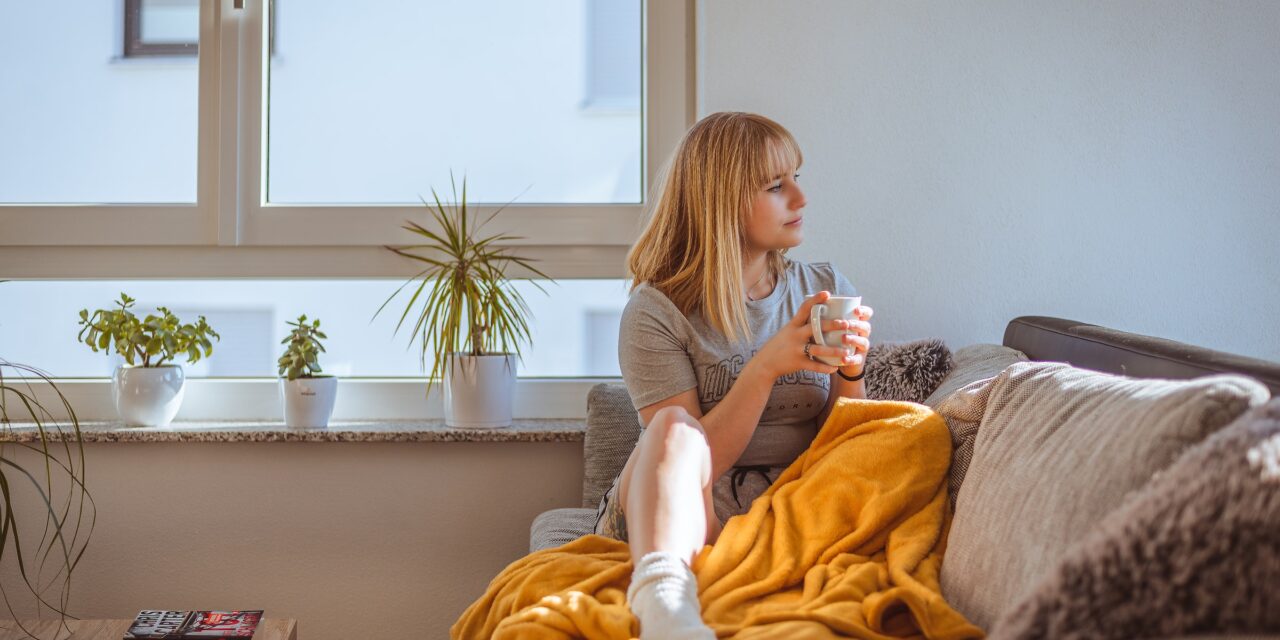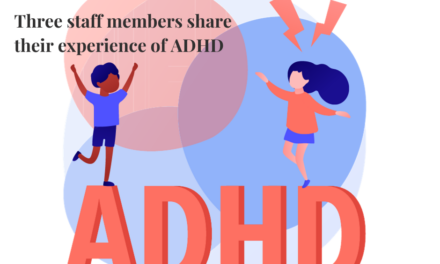Updated 21/12/2025
The past few years have been tough. The pandemic has left its mark on most people in one way or another, and while the world moved on and things supposedly ‘got back to normal’, many people have been left feeling anything but.
The nation’s mental health has been been hit hard post-Covid, as this report from the charity Mind shows. The report states that two thirds (65%) of adults and more than two thirds (68%) of young people with mental health problems say their mental health has got worse since the first national lockdown.
One of the side effects of this is that many people have found they are feeling lonely since the pandemic. While feeling lonely isn’t in itself a mental health problem, the two are strongly linked. Having a mental health problem can increase your chance of feeling lonely, but anyone can feel lonely at any point in their lives.
My story

I had a baby during the first lockdown and my mental health has been severely affected since then. I’ve always been a sociable person and, while I enjoy time on my own, I need time with family and friends to feel balanced.
The pandemic took that away, and I was faced with being at home on my own with a newborn while homeschooling my older daughter. My husband was a frontline worker. I was on maternity leave, so didn’t have the daily contact with colleagues that I might have had otherwise, and of course all baby groups and parenting groups had been cancelled. Friends and family weren’t allowed to visit and I suddenly found myself in a very lonely world.
When I returned to work after maternity leave, the office landscape had changed considerably. Working from home was now the norm, and while others had had the previous year to adjust, I was returning to a whole new climate. Often, the part of going back to work new parents enjoy is the return to ‘normal’ chat that doesn’t revolve around nappies and nap times, as well as the chance for office banter and a moment to feel like yourself again. That was taken away.
I have never felt as lonely as I have since the pandemic started. I am lucky to have friends and family and some of them may be surprised to read this, but I also think it’s important to talk about it so that others seek help and realise it’s a common problem for many people.
I’ve adjusted more now, and feel in a better place with my mental health than I have for the past couple of years, but of course, feelings of loneliness don’t always leave as quickly as they arrive. There’s a huge amount of stigma around feeling lonely, and it’s a sad fact that often people don’t want to admit to feelings of loneliness.
Not alone in feeling lonely
My story is one of so many and it’s important to remember that loneliness has no common cause. Sometimes it can be triggered by a life event or change in situation, like it was for me, or it may not be triggered by anything at all.
Older people are often thought of as being prone to loneliness, but actually younger people can feel lonely too. It is a feeling that can affect us all, young or old, at any point in our lives. We might live in a busy city or a rural location, on our own or with others, and still feel isolated.
There’s lots of help
Luckily, there is lots of support available if you or someone you know is feeling lonely. Check out the advice and helplines available on the NHS website for more information and to find what help is available
Meanwhile, here are some of the top tips for those struggling with feelings of loneliness:
Keep in touch
Talk to friends and family. Sometimes a friendly chat can make a big difference, whether someone is around the corner or further away.
Join a group
Find a group with a shared interest. Being part of an offline or online group or club is a great way to make connections and meet people. Think about activities that you would like to try out and look for groups centred around these.
Do things you enjoy
Filling your time doing more things you like can stop you from focusing on feelings of loneliness and is good for your wellbeing.
Share your feelings – but do not compare
Talking about how you feel with others can help with loneliness. However, try not to compare yourself with others. Remember that many people may only share the good things happening to them on social media, so comparing can make you feel lonelier.
Help someone else feel connected
Reach out to others. Think about people you know who might be feeling lonely and make an effort to connect with them. Remember that feeling lonely for a long time can make it harder for people to make new connections. It may be difficult for people experiencing loneliness to respond to your friendly contact at first, so be patient and kind.
Make plans
There are many free and low-cost activities you can take part in throughout the year.
Look at VisitEngland’s list of cheap and free things to do for suggested events in your local area and invite someone to come along.
Look after yourself
Please look at the support available on the NHS website – there is always someone you can talk to.
If you are having thoughts of suicide, or have thought about self-harm, it’s important to tell someone. Samaritans offer free 24-hour listening support. Call free on 116 123 or visit the Samaritans website.
In a life-threatening emergency, phone 999 and ask for an ambulance.




